Navigation auf uzh.ch
Navigation auf uzh.ch
Congratulations to Chris Marentini, the winner of the first annual DECTRIS Experimental Physics Prize! The Prize is given to an excellent Master's thesis in experimental physics at our institute.
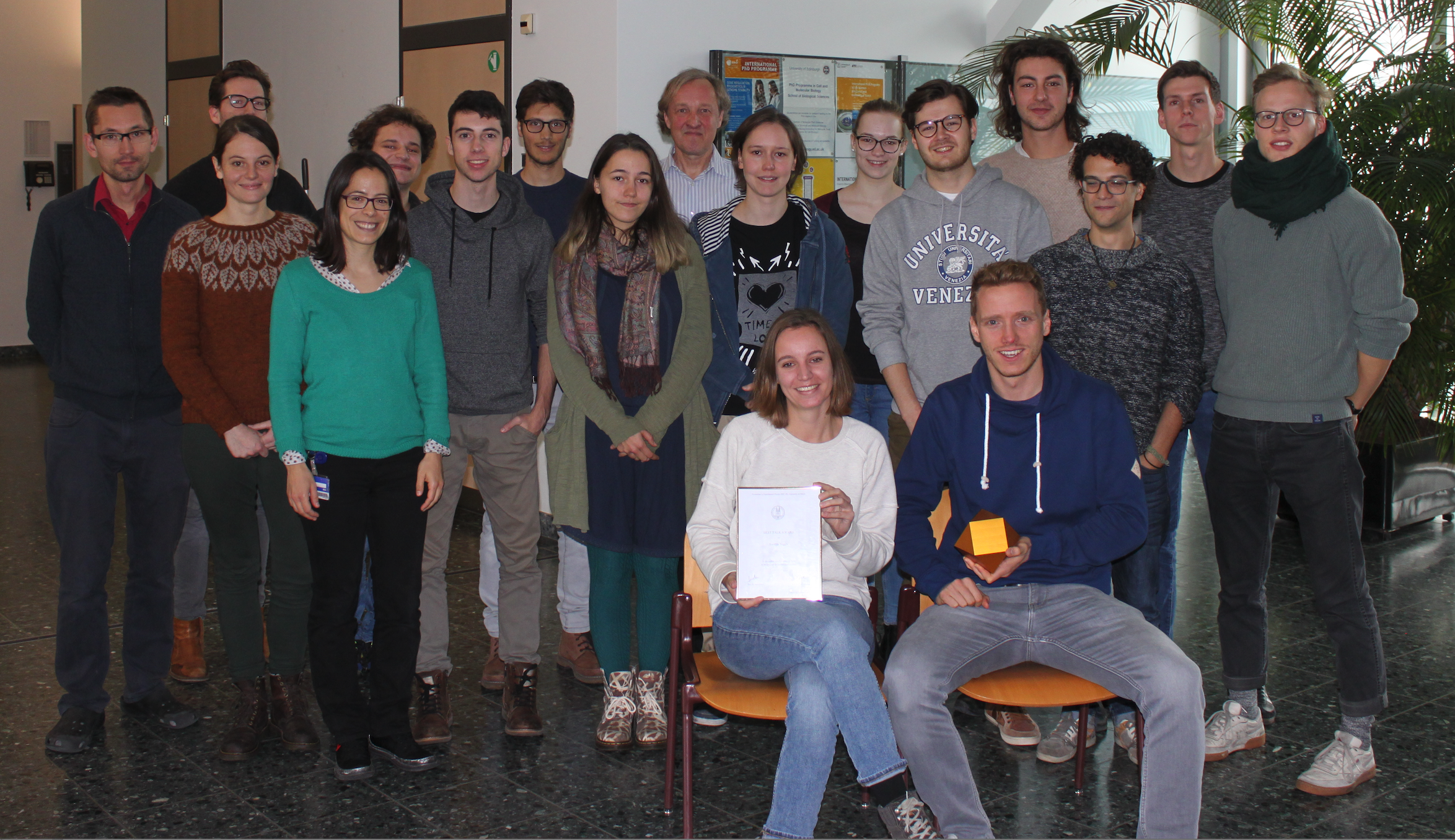
Class of Herbstsemester 18 with coaches. On chairs: Best talk Lorena Niggli, Hakan trophy for the best question: Simon Buse. Monday December 17, Photo Kay Waltar.
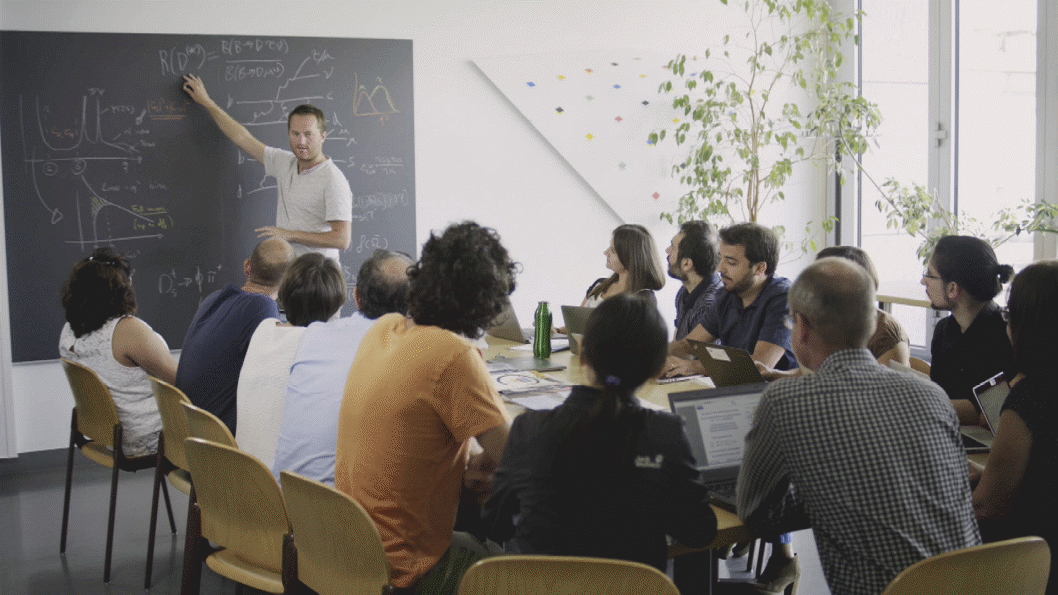
Short movie illustrating the work of experimental and theoretical physicists of our institute that work together to understand recent puzzling results in B-physics reported by the LHCb experiment.
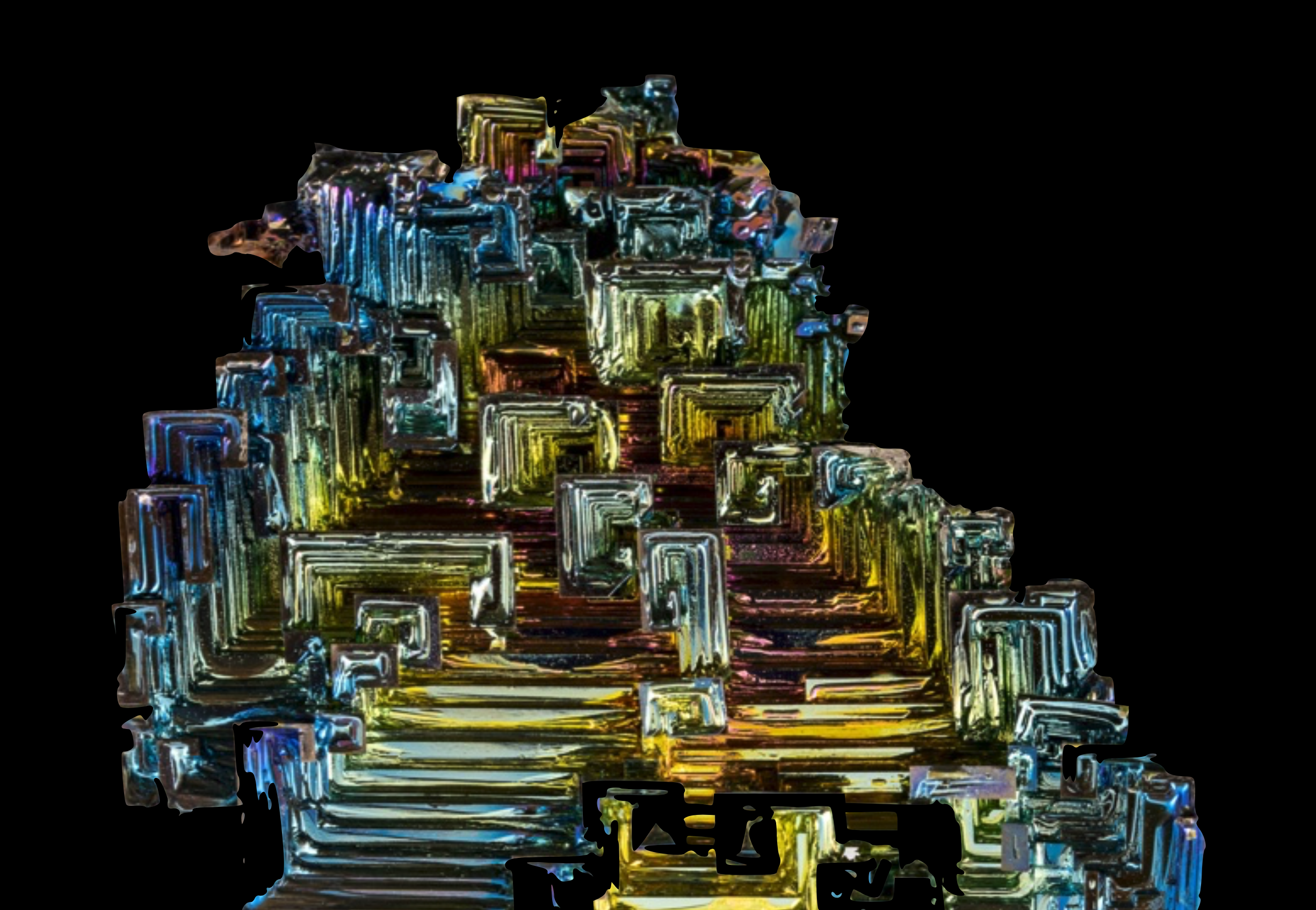
Together with international collaborators the group of Titus Neupert reached a new understanding of the electronic properties of elementary bismuth
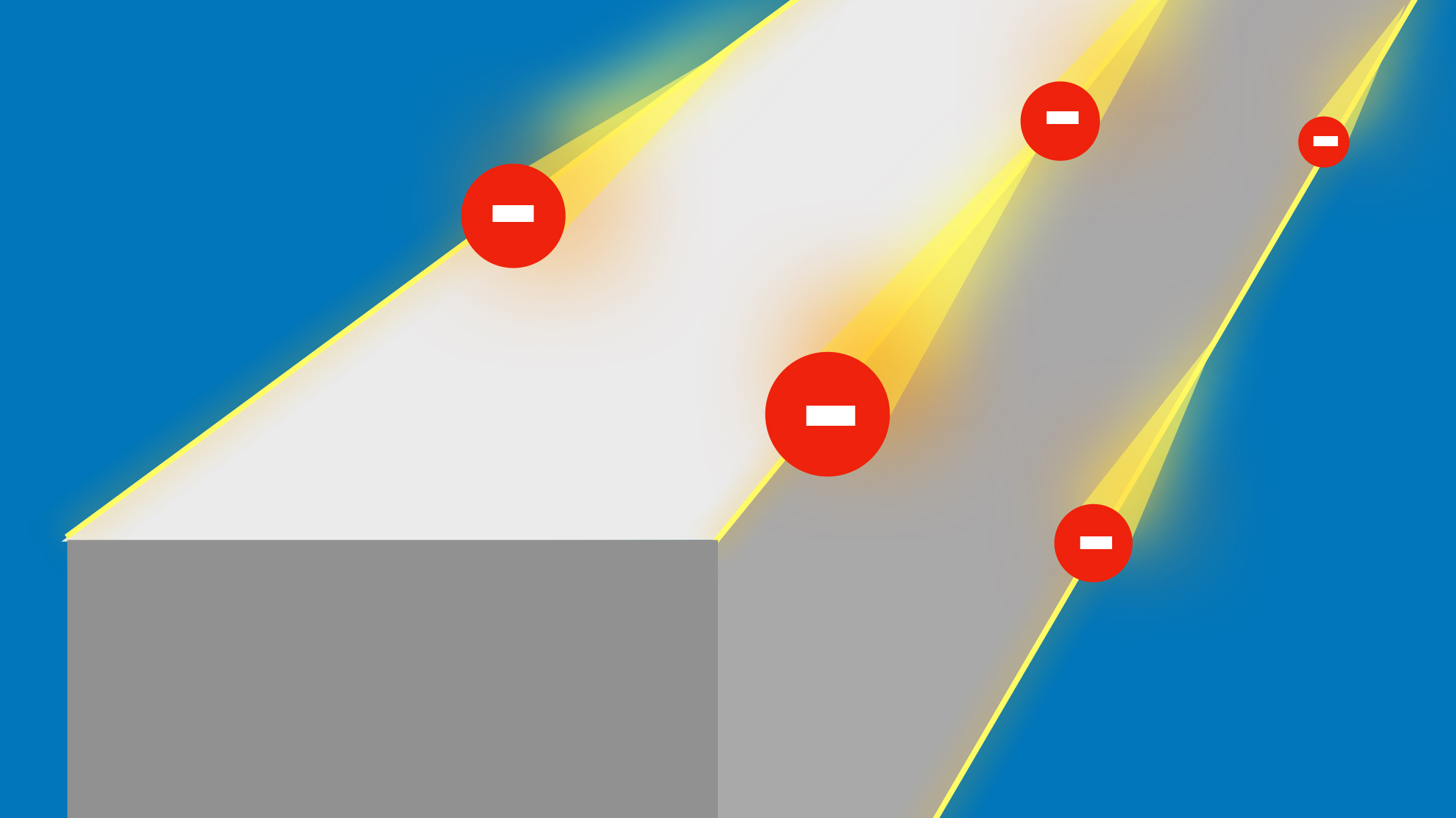
The group of Titus Neupert is researching a new class of materials: Higher-order topological insulators. The edges of these crystalline solids conduct electric current without dissipation,
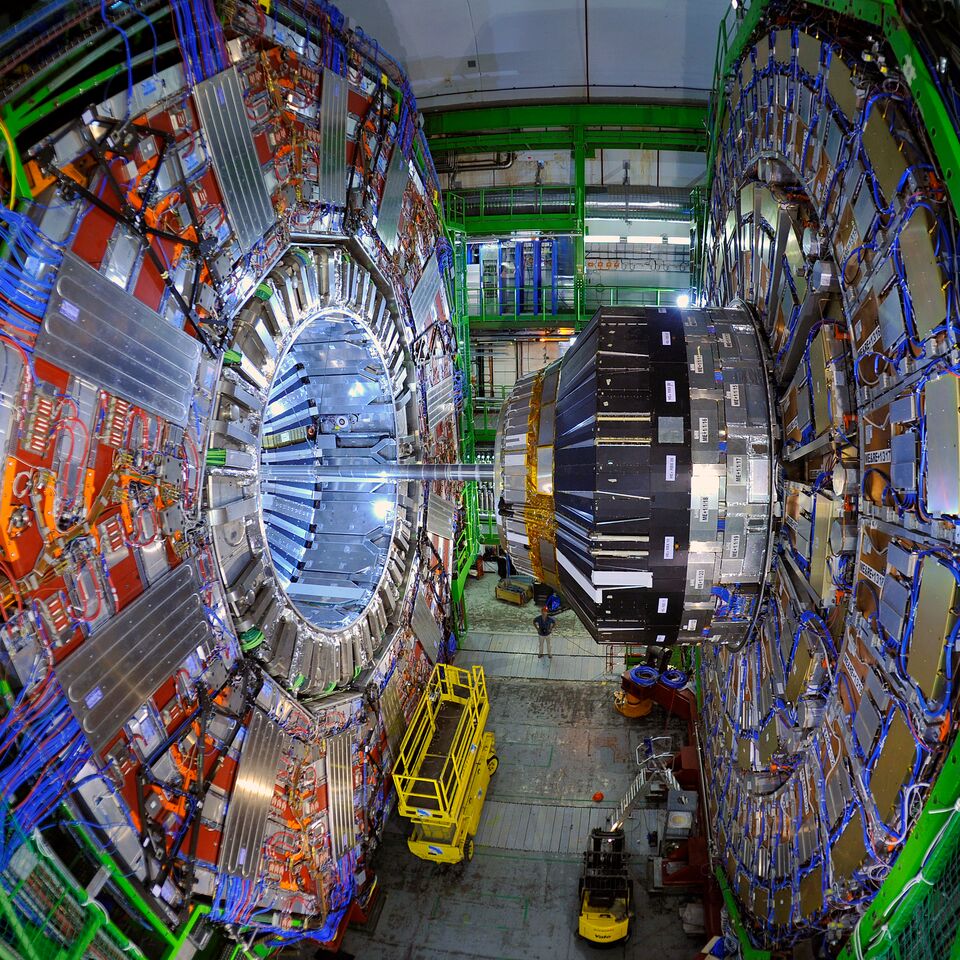
The CMS experiment at CERN unambiguously demonstrates the interaction of the Higgs boson and top quarks. This major milestone is an important step forward in our understanding of the origins of mass.
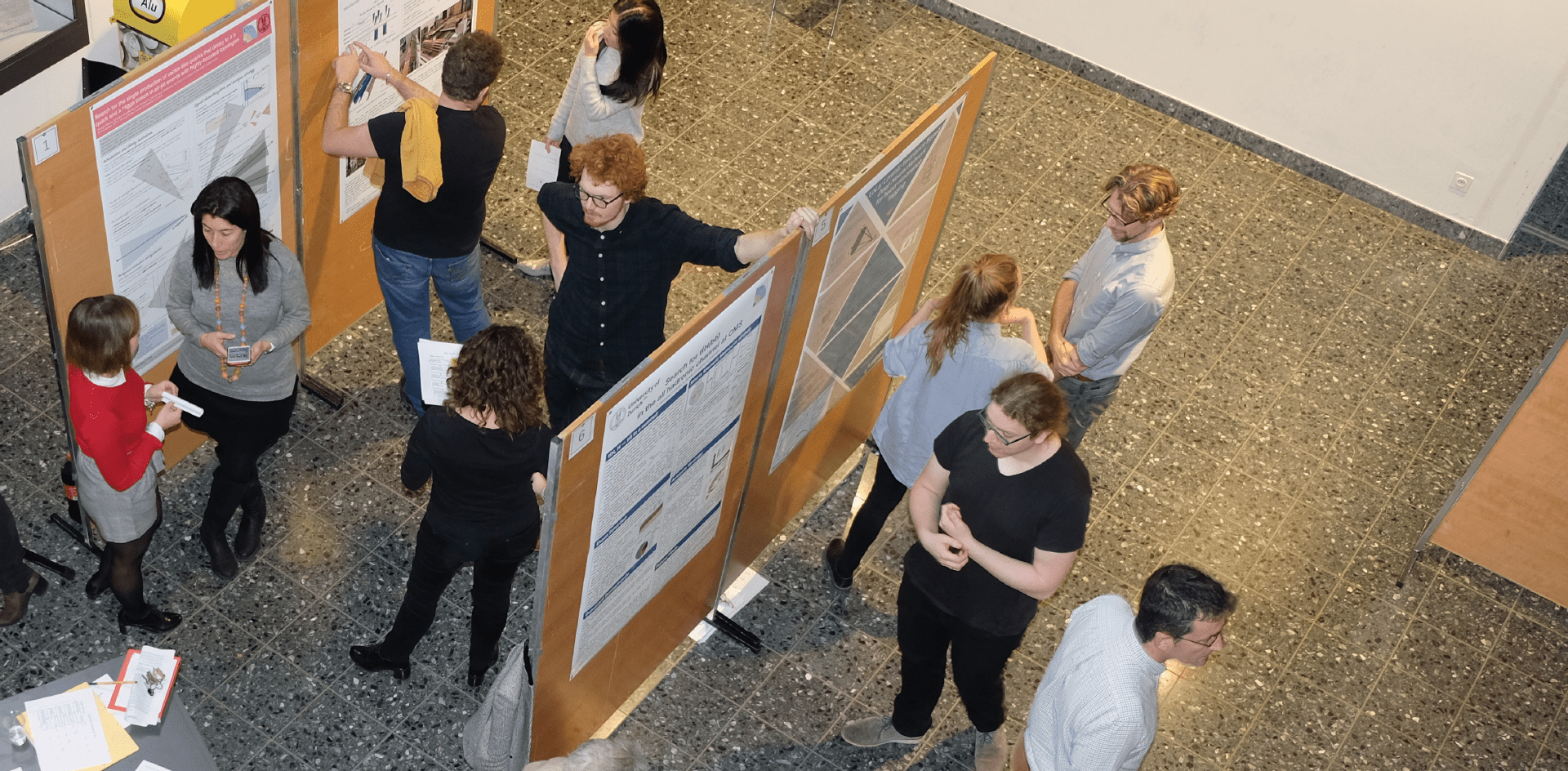
Members of the Physics Department presented 40 posters with current research directions and ideas for future experiments and lead through the mechanical workshop and the research laboratories.

Members of the Physics Department presented posters with current research directions and ideas for future experiments and lead through the mechanical workshop and the research laboratories.
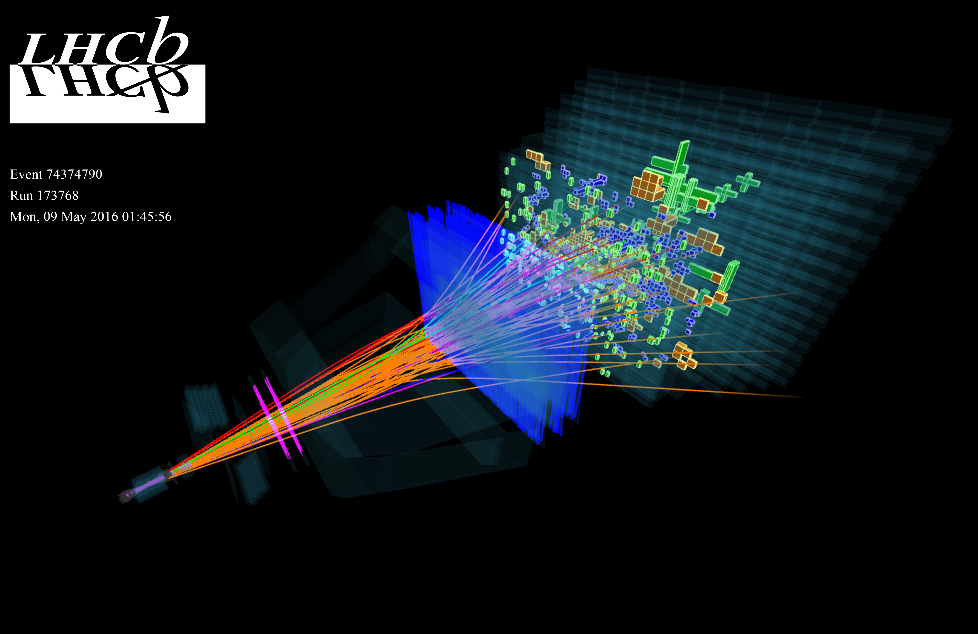
LHCb reports the observation of a new particle with two charm and one up quark. The mass is about 3621 MeV, which is almost four times heavier than the proton. It is the first time that such a particle has been unambiguously detected.

LHCb is an experiment set up to explore what happened after the Big Bang that allowed matter to survive and build the Universe we inhabit today.
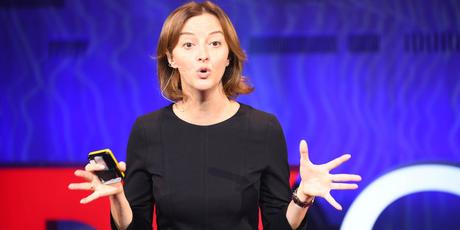
Only a small part of the matter in the universe is visible, a large part of the matter is dark - more in this Talk

The discovery of the Higgs boson by the ATLAS and CMS Collaborations was announced five years ago, on 4 July 2012. To celebrate the fifth anniversary of this discovery, CMS released six videos with young researchers among them Daniel Salerno from UZH.
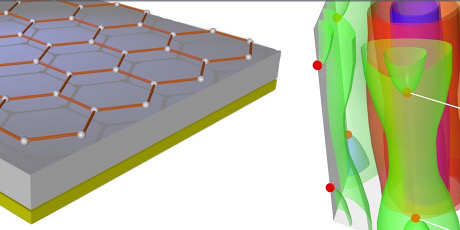
Experimental and theoretical physicists met November 21-22 2016 at the Department of Physics to discuss recent progress in the understanding of topological and spin-orbit coupled strongly correlated materials.
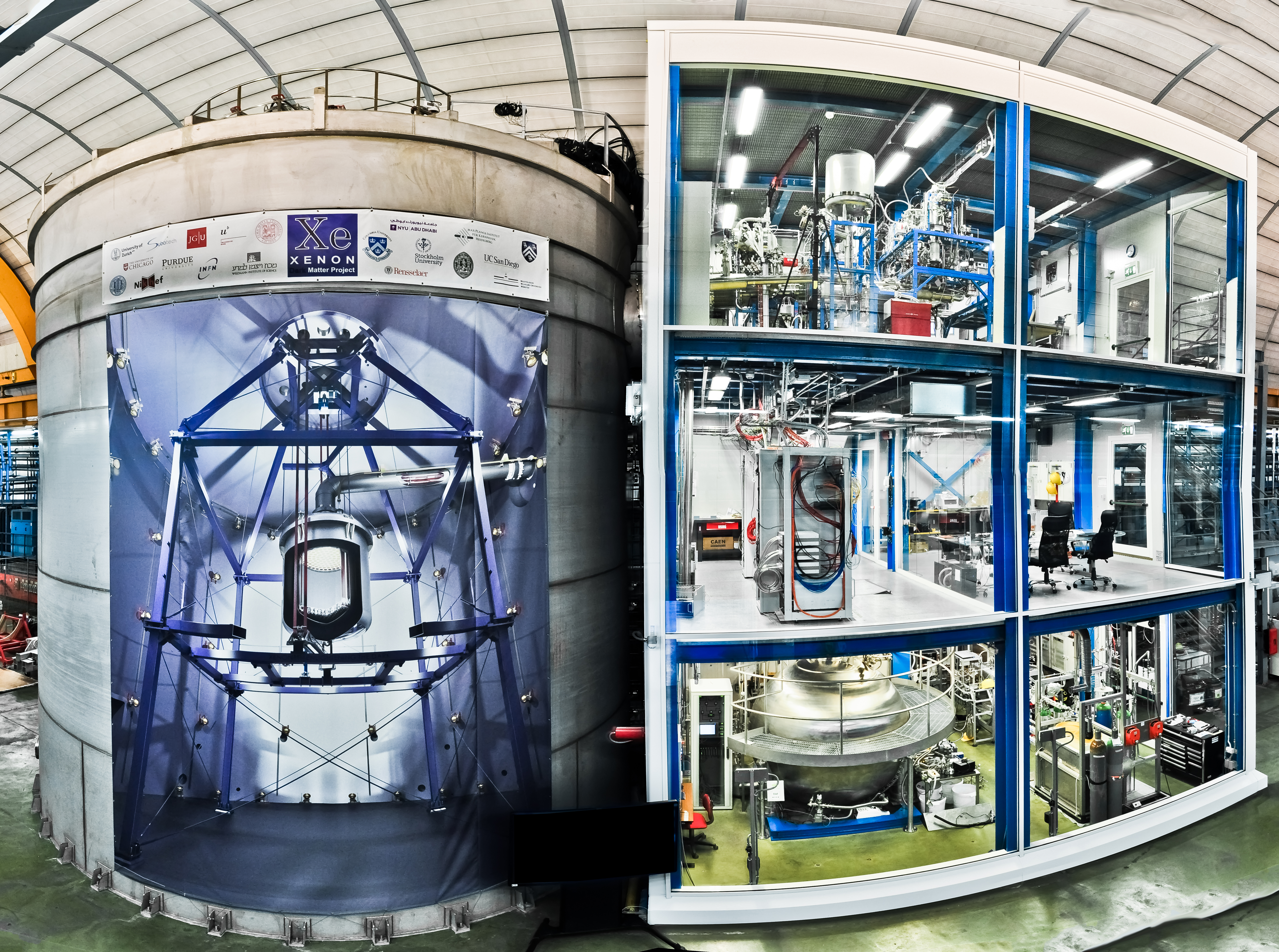
New results from XENON1T, the world’s largest and most sensitive detector dedicated to a direct search for Dark Matter in the form of Weakly Interacting Massive Particles (WIMPs), were reported May 28.
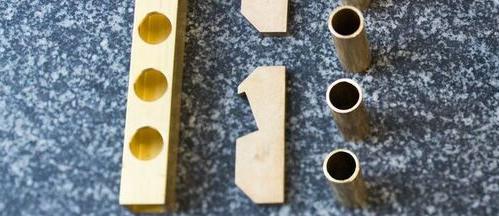
The courses in the mechanical workshop for students in the third semester take place in January and February
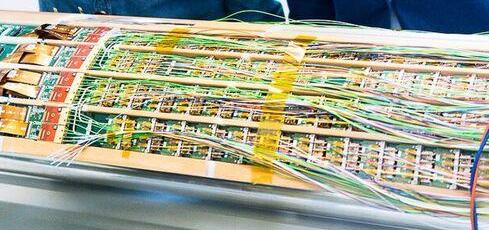
The upgraded CMS barrel pixel detector system was built in part at the Physik Institut by the CMS group. In January 2017, the four cylindrical half-shell systems were sent to PSI.
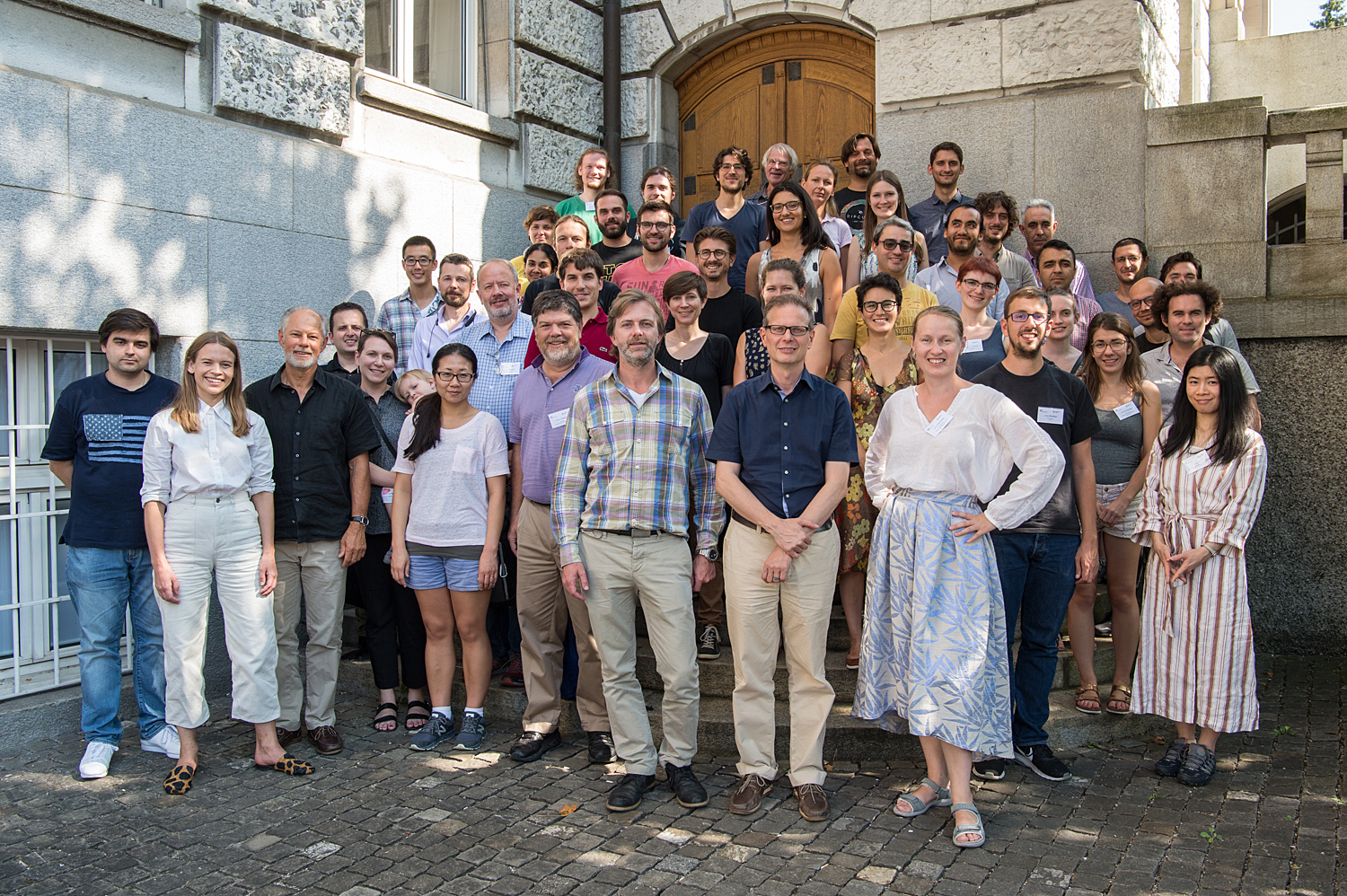
Experts from different fields in Physics discussed the connections between particle physics and cosmology at the international conference 'Interconnection between Particle Physics and Cosmology', which took place in August 2018 in Zurich.
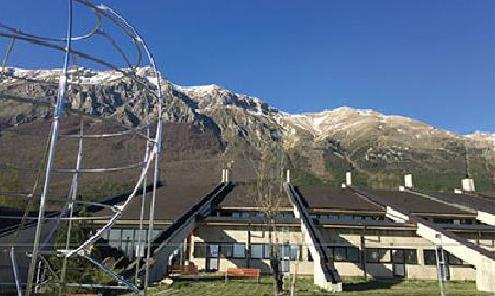
The DARWIN observatory proposed to be built at Gran Sasso in the mid-2020s promises to be the ultimate dark-matter detector, probing the WIMP paradigm to its limit (more).
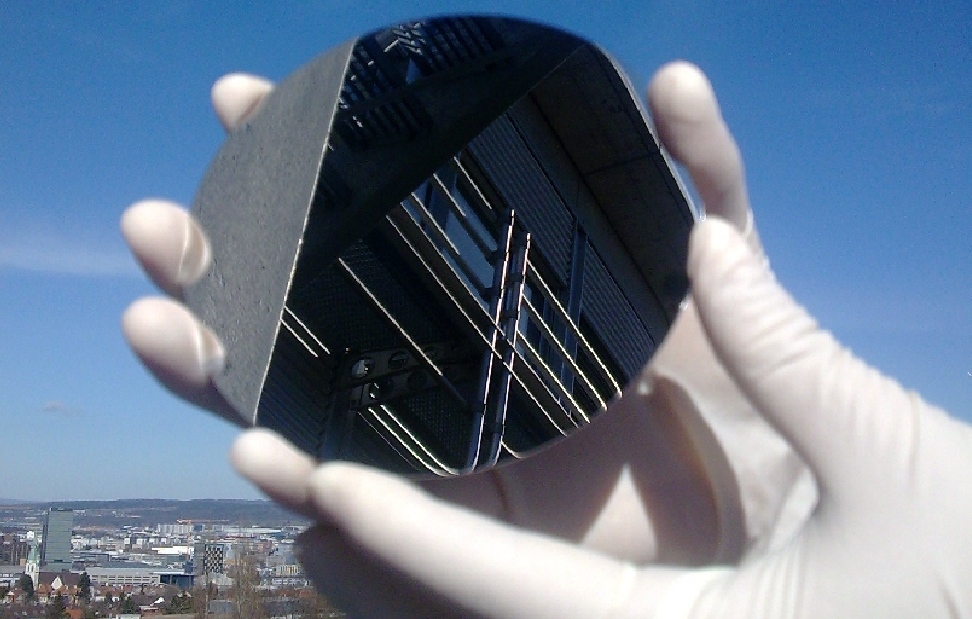
Centimeter sized boron nitride can be grown on and exfoliated from a single-crystalline rhodium thin film substrate. The findings have been highlighted in Science, 359, 649 (2018).
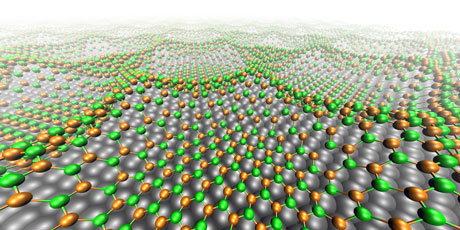
Physicists at the University of Zurich have developed a system to electrically switch back and forth the adhesion and stiction of a water drop on a solid surface.
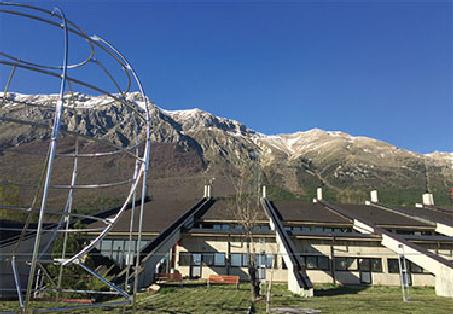
The GERDA collaboration published new results on the hunt for neutrinoless double beta decay, April 6, 2017
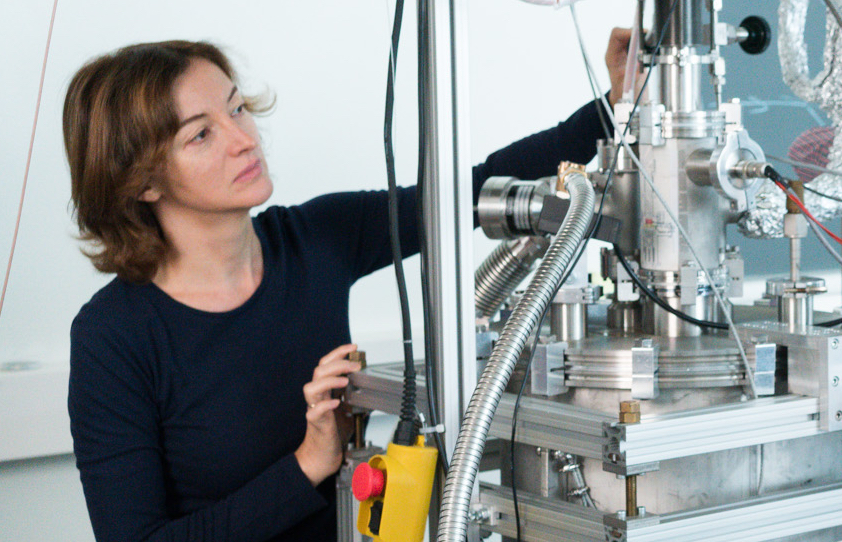
Laura Baudis, UZH professor in physics, received an ERC (European Research Council) Grant for the investigation of dark matter and neutrinos.
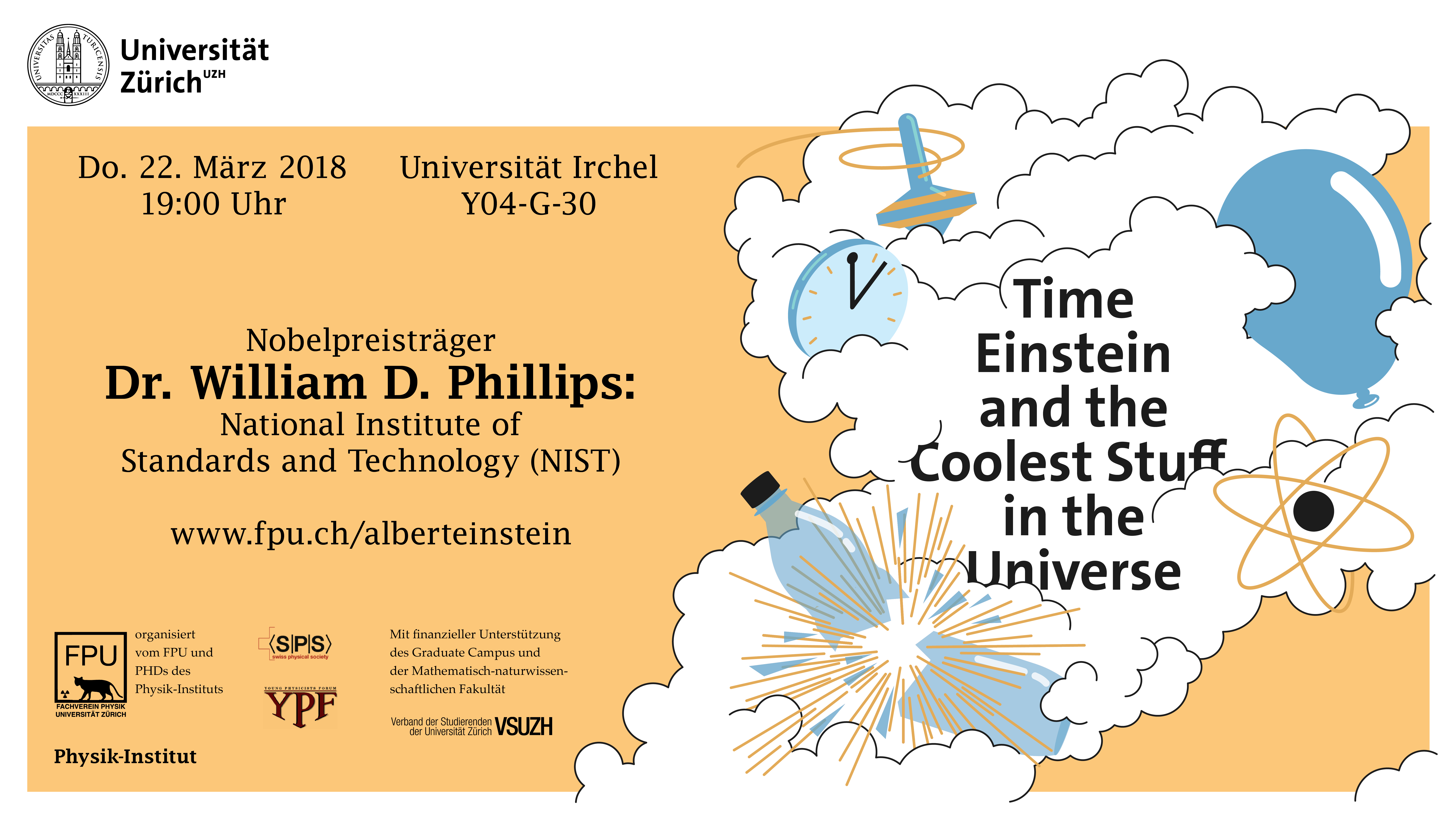
Thursday, March 22, 19:00, Y04-G-30
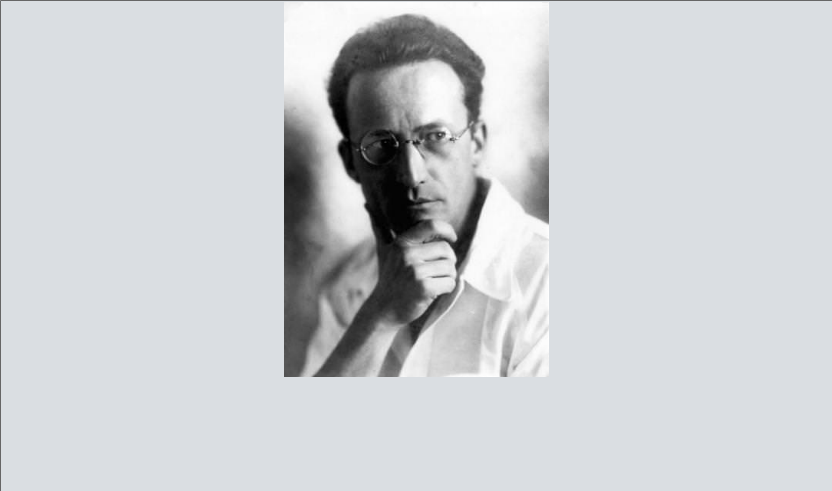
While he was professor for theoretical physics at the University of Zurich, the later Nobel laureate Erwin Schrödinger revolutionized physics. He achieved his breakthrough during the Christmas holidays in Arosa in 1925
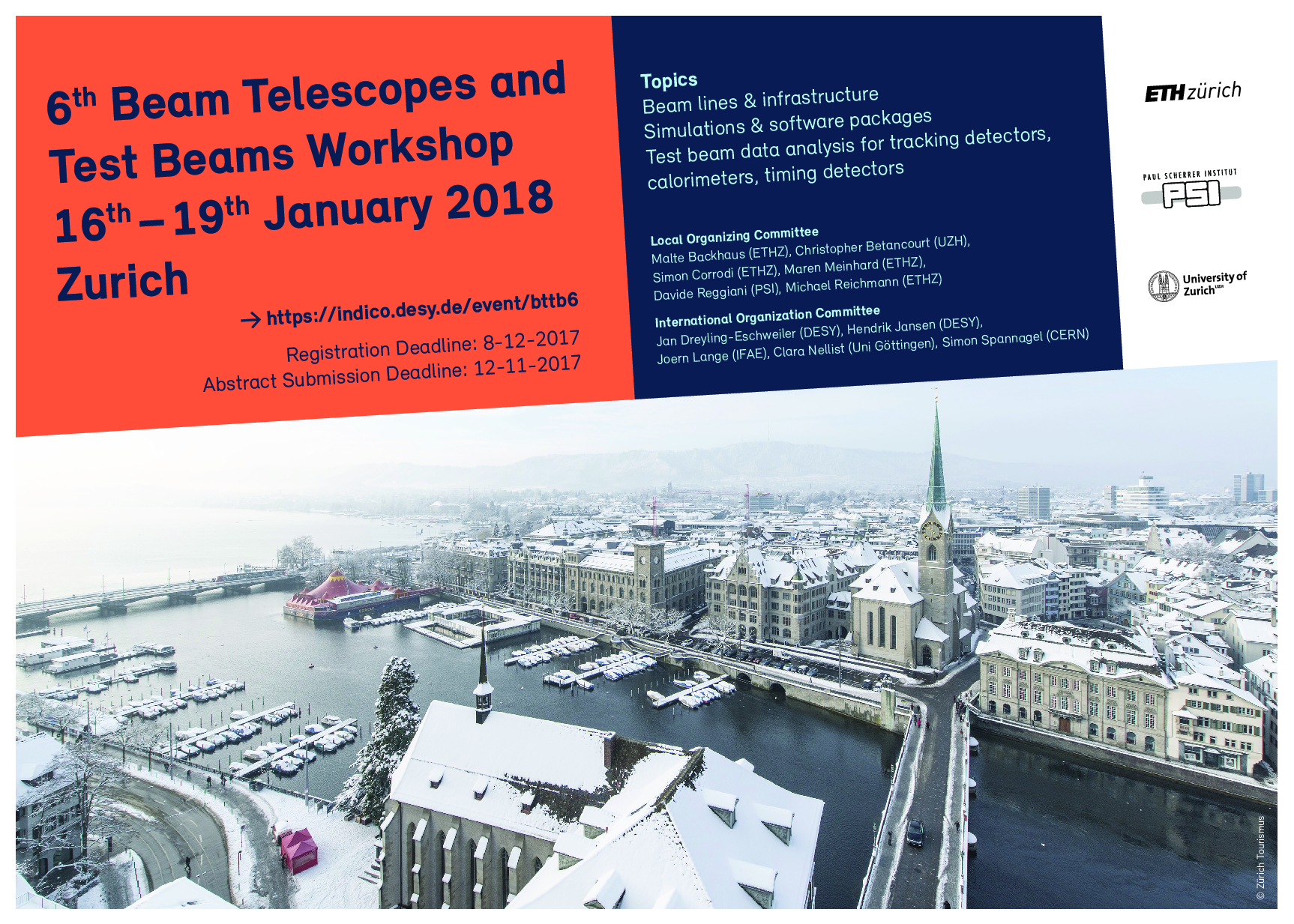
This workshop covers a wide range of topics related to test beams for detector studies in tracking detectors, calorimetry and beyond.
https://indico.desy.de/event/bttb6

Discover the world of quarks and leptons - an introduction to the world of particle physics for high school students. The master class will take place March 23 (in german)

Zurich Phenomenology Workshop: 15.-17. January 2018
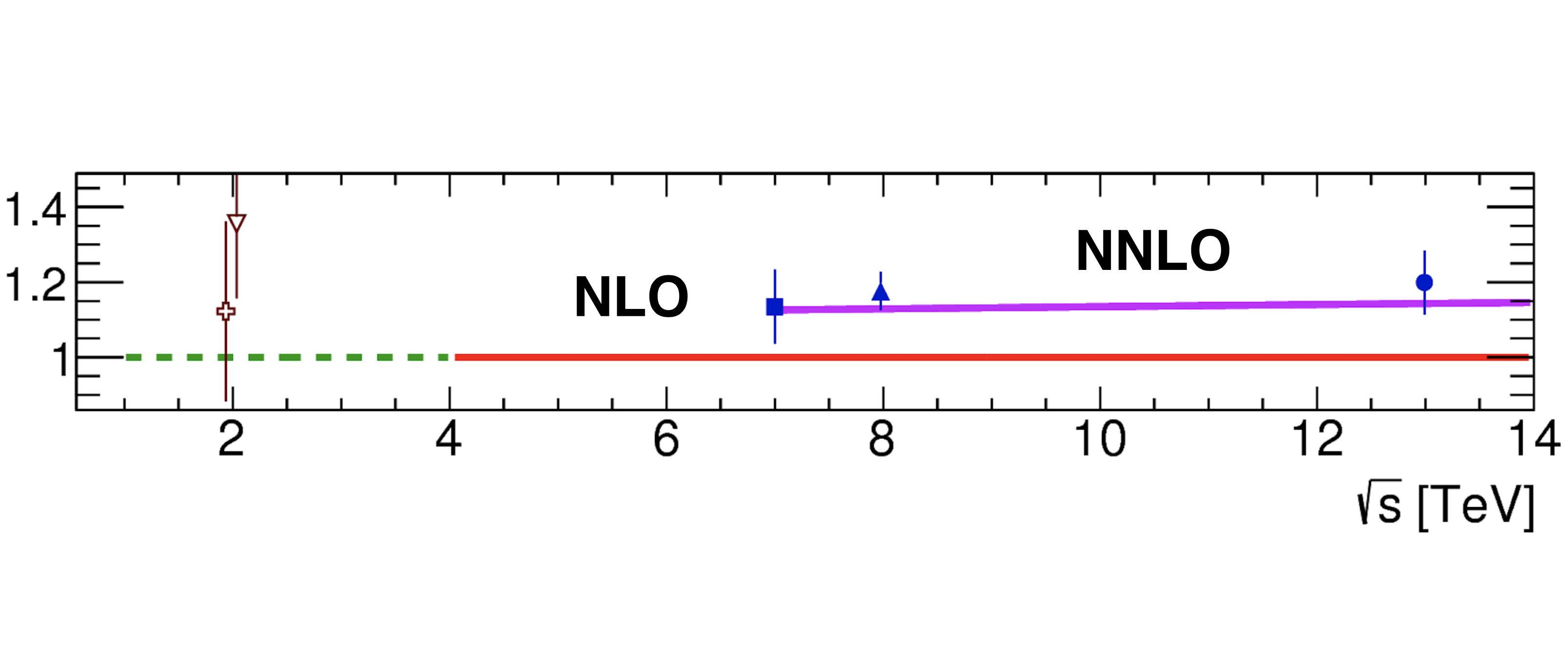
Theoretical particle physicists of UZH have completed new precision calculations for processes involving vector boson pairs that describe the LHC data at unprecedented accuracy